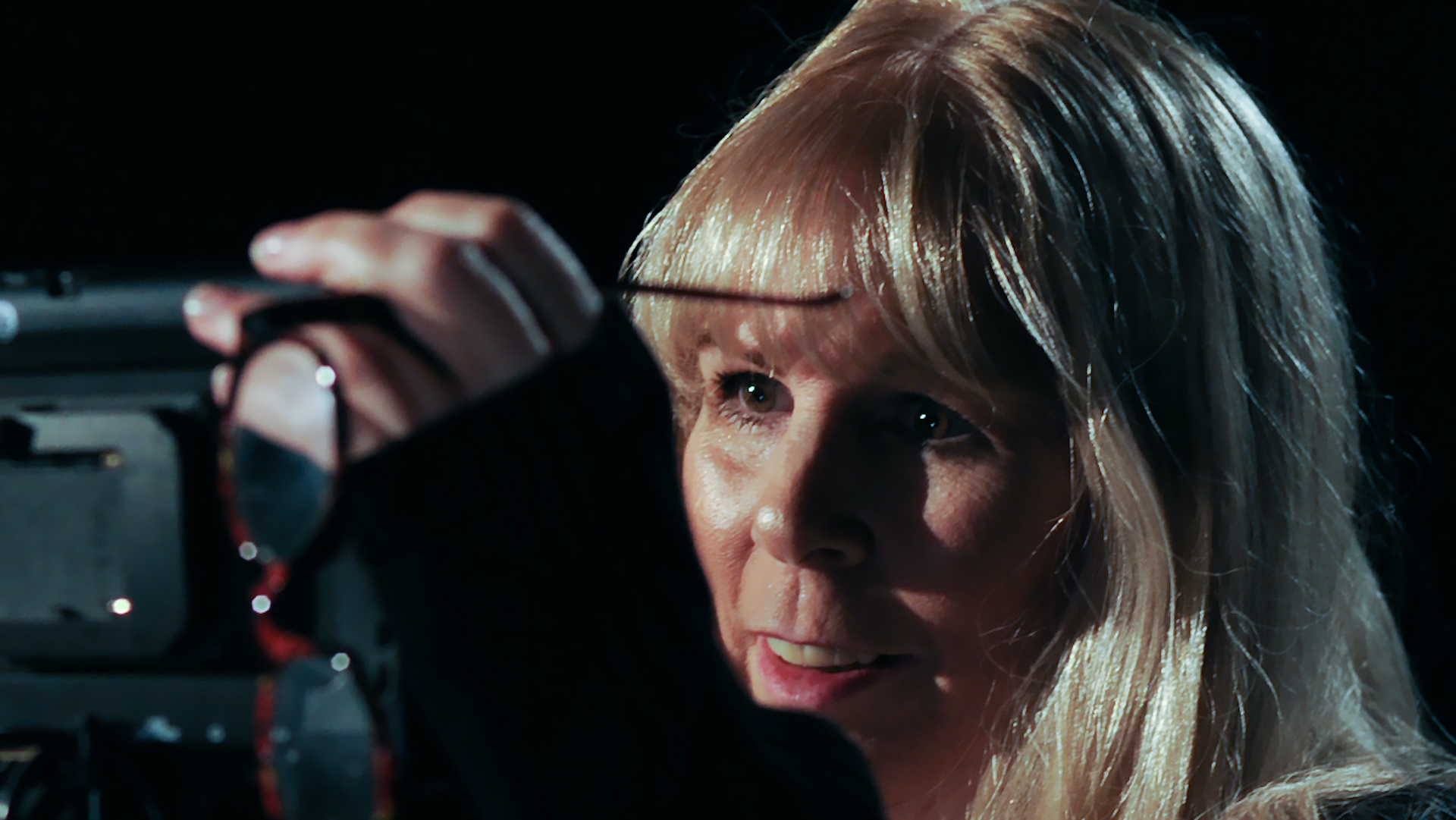How long should orgasms last? Sexperts dish on the controversial question
Throw that stopwatch out the window, friends!


Lately, it seems as if couples are trying to quantify their intimacy: how long should orgasms last? How long should sex last? How much is too much, and what's not enough? Who knew we were expected to bring our stopwatches into the bedroom?!
Though this is certainly not a new trend, the phenomenon seems to have been reignited thanks to a recent survey about the magic number of times to have sex each month. As a result, couples want to keep track of their status and whether or not they fall in line with the norm. But we have a little secret: there is no norm.
"There really is no 'should' with a question like this, or for most questions related to sexuality—apart from consent issues—since there is really such a range of experience out there," says Dr. Carol Queen, PhD and in-house sexologist at Good Vibes. "You could say, and not be far off the mark, that everyone has their own norm."
Are we getting too wrapped up in what we think "should" be? It sure seems that way.

Dr. Carol Queen is an author, editor, sociologist, Good Vibes sexologist, and sexologist active in the sex-positive feminism movement.
How long should orgasms last?
Sources have revealed different findings: female orgasms can range anywhere from 15 to 60 seconds, yet there have been times when some women have experienced a two-minute-long orgasm duration. (Yowza!) Then we can't help but mention the new trend of extended orgasms that leaves women wanting to make the fun last as long as possible...and then some.
All in all, sexperts insist that we should stop thinking so much.
"Rather than setting women up to do yet another unnecessary and unproductive comparison of themselves to others, what we like to emphasize is that all orgasms are wonderful, valid, and truly unique to the body and mind, says Angie Rowntree, founder and director of Sssh.com.
Likewise, Dr. Laurie Mintz, a sexpert at Lelo, says, "Whenever the word 'should' occurs in a question about sex, this is of concern to most sex therapists. Don’t 'should' on yourself—let your body do what it does!"
Dr. Laurie Mintz is a feminist author, therapist, professor, and speaker whose life’s work has been committed to helping people live more authentic, meaningful, joyful—and sexually satisfying—lives through the art and science of psychology. As a tenured professor at the University of Florida, she teaches the Psychology of Human Sexuality to hundreds of undergraduate students each year. She also teaches and mentors graduate students in both their clinical and research training, helping them to find their own niche as psychologists. She is a Fellow of the American Psychological Association.

Angie Rowntree is the founder and director of Sssh.com, which works to destigmatize adult entertainment. Its extensive collection of films, sex-ed videos, ASMR and erotic audio content make it the premiere destination for sex-positive, ethical porn made from a woman's point of view.
Why you *shouldn't* be concerned about duration
When you're too busy comparing, it takes away from the pleasure. It becomes about hitting a target when there shouldn't really be one in the first place.
"If you're too stressed about whether or not you're having the right kinds of orgasms, you're going to dilute your experience or prevent yourself from enjoying or even reaching your orgasm altogether," says Lisa Finn, sex educator and marketing Director at Babeland.
What's more, couples seem to believe that there needs to be a grand finale in order to mark off the experience as a success, but Finn insists that's not so.
"Many folks don't even need to finish to enjoy and feel fulfilled after a sexual encounter," she adds.

Lisa Finn is a sex educator and marketing Director at Babeland
What to do instead of counting...
There's no need to turn an intimate and enjoyable experience into a chore.
"Pay attention to your own desires and experience and optimize that from within your own responses, not by comparing yourself to others," Dr. Queen says.
There isn't a number you're supposed to hit, and given that our bodies change so much throughout time, we can't really pinpoint an exact number.
"Even day-to-day our own orgasms and how we experience them can change drastically [due to] factors like stress, medication, menstrual cycle, hormones, mood, dehydration," Finn notes.
Instead of trying to keep track, just focus on what makes you and your partner happy, and as mentioned, make sure there is always consent.

Need a TV show recommendation? Maybe a few decor tips? Danielle, a digital news writer at Future, has you covered. Her work appears throughout the company’s lifestyle brands, including My Imperfect Life, Real Homes, and woman&home. Mainly, her time is spent at My Imperfect Life, where she’s attuned to the latest entertainment trends and dating advice for Gen Z.
Before her time at Future, Danielle was the editor of Time Out New York Kids, where she got to experience the best of the city from the point of view of its littlest residents. Before that, she was a news editor at Elite Daily. Her work has also appeared in Domino, Chowhound, and amNewYork, to name a few.
When Danielle’s not writing, you can find her testing out a new recipe, reading a book (suggestions always welcome), or rearranging the furniture in her apartment…again.